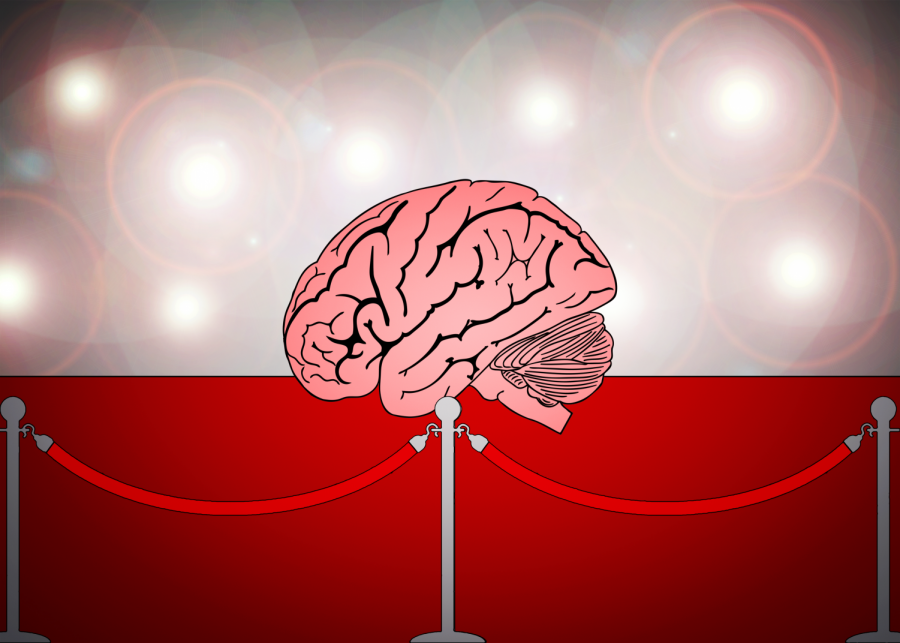Imperfection is the new perfection
February 22, 2018
Over the past six months, there have been major steps forward in the movement to de-stigmatize mental health, including many celebrities stepping forward to share their stories and struggles. Demi Lovato’s documentary, “Simply Complicated,” which currently has over 14 million views on YouTube, shows her journey through substance abuse and struggles with mental health. Her friend and fellow former Disney star, Selena Gomez, used social media to come forward about the many health issues she has faced in recent years. They are among many celebrities helping the public feel safer about opening up.
In many ways, celebrities are seen as “perfect” people: living with fame, fortune, photo shoots, and red carpets. When the public eye sees celebrities, it is often the “edited” versions of themselves. We only know them as the perfect stars that they are portrayed to be. Hollywood has promoted this perfection forever, so celebrities cannot necessarily control their own public image. Fortunately, some individuals in Hollywood are now allowing the light to shine through, so we see more normalized versions of celebrities.
Recently, the “Time’s Up” movement has promoted both women and men alike to de-stigmatize the red carpet scene in Hollywood and shift questions from, “what designer dress are you wearing?” or “who designed your shoes?” to more personal, realistic questions, adding to a more authentic presentation of the Hollywood reality.
Lovato and Gomez, as well as former college football star Johnny Manziel, have all continued upon this important trend. They have all come forward in interviews and social media about their pain and struggles along with their successes and happiness. They have all been truthful and real about who they were and who they are trying to become. Gomez told one reporter, “I think [mental health is] a battle I’m going have to face for the rest of my life, and I’m okay with that because I know that I’m choosing myself over anything else.”
There are many people who are trying to do the same, but are not given the chance because they do not have the same resources and support as these stars. My hope is that with many celebrities opening up about mental health and many others supporting their stories, the resources celebrities have access to will become more openly available to the public, and people with mental health issues will no longer be stigmatized as helpless.
On a smaller scale, the teenagers and adults that face the same mental health issues as celebrities will feel more comfortable about opening up and about who they are if perfection is not the first thing that needs to be shown. We learn in school that there is no perfect question, and as we are always changing and developing into hopefully better versions of ourselves, how can there possibly be a perfect person? These same celebrities we view as “perfect people” are helping us realize they are not, and therefore we do not have to be either.





















